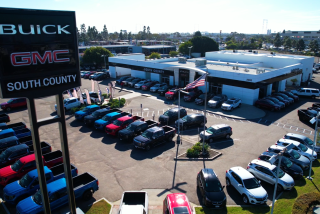Auto Exports to Japan Picking Up
A growing Japanese taste for cars from America has auto makers in the United States scrambling to increase shipments to Japan.
Most of the cars being exported, however, are from American subsidiaries of Japanese auto makers Honda Motor Co., Mazda Motor Corp., Toyota Motor Corp. and Nissan Motor Co.
Mitsubishi Motors Corp. became the latest to join the export parade with its announcement last week that it will begin annual shipments of 6,000 Mitsubishi Eclipse sports cars to Japan from its joint-venture assembly plant in Normal, Ill. The plant, Diamond-Star Motors, is owned by Mitsubishi and Chrysler Corp.
Honda expects to export 50,000 of its U.S.-built cars to Japan in the early 1990s. Toyota plans to ship 40,000 cars a year from the United States to Japan, beginning in 1992. Mazda that year will begin annual shipments of 60,000 cars to Japan from its plant in Flat Rock, Mich., according to company and industry sources.
Mazda, 25% owned by Ford Motor Co., this year sent nearly 7,000 Mazda-made Ford Probes to Japan from the United States.
Generally, the cars shipped to Japan have the same design and components as those made in Japan for the American market.
Although the Japanese do most of the exporting, the developments may also be helpful to the Big Three U.S. car companies--General Motors Corp., Ford Motor Corp. and Chrysler Corp.
âAt least in the short term, the export news is good, because the more the Japanese ship out of the United States, the less their capacity will be used against the Big Three at home,â said Christopher Cedergren, an auto industry analyst with J. D. Power & Associates in California.
Through their exports to the United States and the U.S. sales of cars they build on American soil, the Japanese now hold nearly one-third of the domestic auto market, up from a 25.6% share a year ago.
Although the American auto makers may get some relief in the short term, there is a cloud behind that apparent silver lining: The Japanese also seem determined to use their American manufacturing facilities to grab huge chunks of developing markets in Taiwan and other Asian countries, as well as potentially huge markets in politically tumultuous Eastern Europe.






